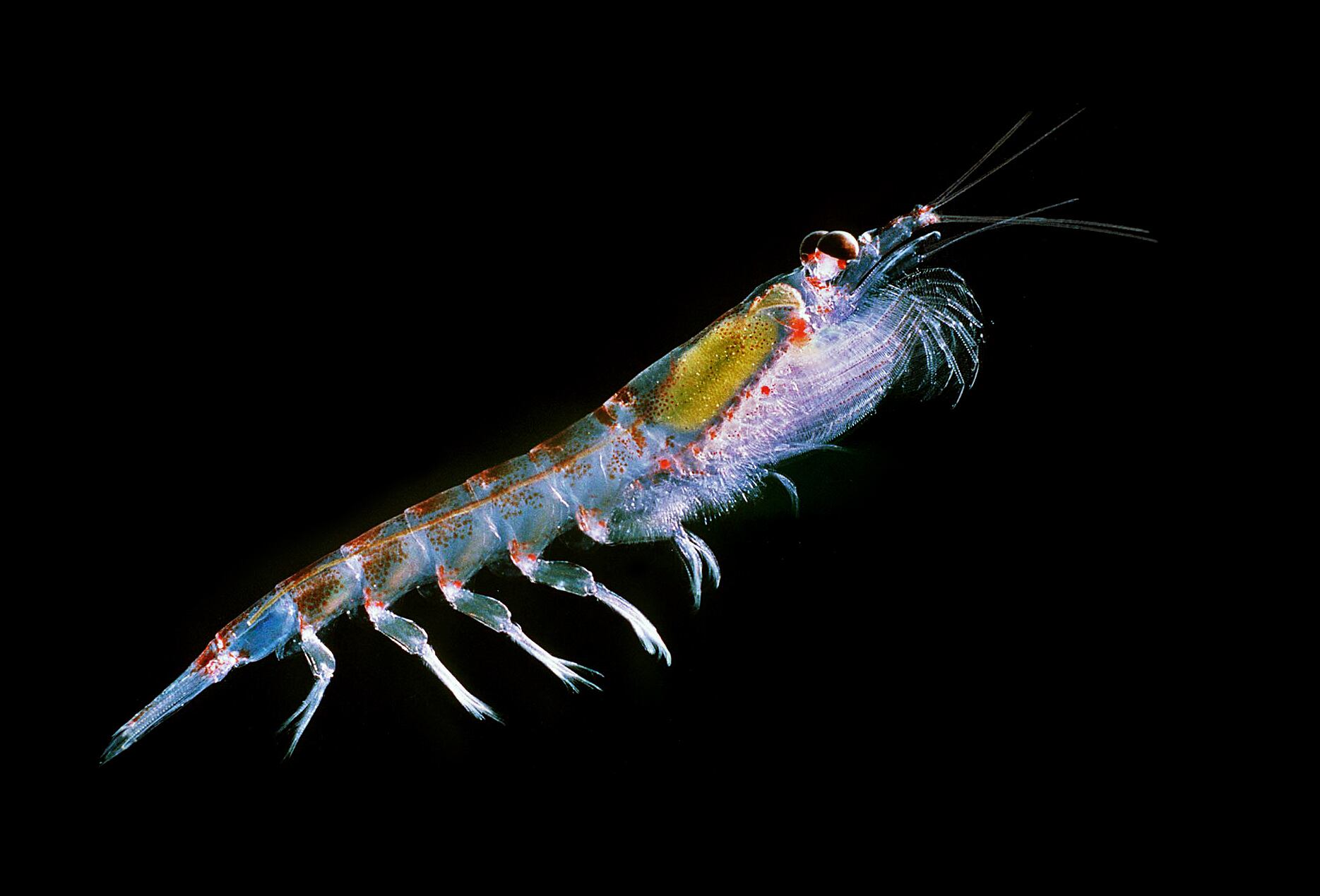The re-certification, completed recently, included a comment period in which groups concerned about the process had the opportunity to weigh in. None did so, according to Becky Wright, communications and marketing manager for Aker Biomarine US.
“We had to go through the whole certification process again which takes about 18 months. The good news is that no one had any comments during the comment period,” Wright told NutraIngredients-USA.
Complex process
MSC certification is widely regarded as the gold standard in fisheries certifications. The organization set four baseline parameters for certifying Aker’s krill fishery. These were:
The four conditions set for certification included:
1 Estimate target reference point (determine the risk for the krill stock associated with the krill harvest)
2 Determine the fish larvae by-catch
3 Effects of the fishery on the ecosystem/krill predators
4 Map krill predator interaction
The process also includes the breaking down of a company’s operations down into several phases and scoring each on a numerical scale. Aker’s score for this latest certification round were:
• Target Species - 90/100
• Ecosystem - 93/100
• Management System - 93.1/100
“This time around our scores improved in every category and we have no conditions that need to be met again to be recertified again in five years,” Wright said.
Sustainability flashpoint
Sustainability of ocean resources has been a concern in the omega-3s sector for years, and has reached a boiling point with the complete closure of the most recent harvest period for the anchovy fishery off Peru, which is the source of about 70% of the world’s daily servings of EPA and DHA. The Peruvian fishery is a mature one which has been under active management for many years and is managed at a level in which the seasonal harvest bumps up against the maximum that continued sustainability would allow.

The krill fishery, by contrast, is less mature, and is naturally constrained by distance from markets, relative lack of infrastructure and the technical difficulty posed by operating in the ice-strewn waters off Antarctica. For example, Aker's on-shore operations base in the region is in Uruguay, more than 1,000 miles from the fishing grounds. Even at low catch levels relative to estimated overall biomass, there were concerns early on as to the effect the harvest might have on the predators that rely on the krill, which occupy the same niche in the Antarctic ecosystem that schools of small forage fish do elsewhere. Whales, penguins and seals rely on the krill as their primary food source.
Turning the corner
Aker worked with a number of NGOs to allay their concerns as part of the initial certification process and as part of the recent recertification. These included World Wildlife Fund-Norway, Greenpeace and the British Antarctic Survey.
"As part of its environmental commitment, Aker BioMarine has made a significant effort to reach out to the rest of the industry to communicate the importance of sustainability," said Nina Jensen, CEO of WWF-Norway.
"Aker BioMarine's Antarctic krill fishery has demonstrated an outstanding commitment to ensuring the sustainability of its fishing practices. Its precautionary approach to catch levels, investments in science and research, and actions to reduce bycatch mean that it is now one of the best performing fisheries in the MSC program,” said Camiel Derichs, Regional Director at MSC said.
Whole Foods Markets, an agenda-setter in the natural channel, had made the decision several years ago to take krill oil supplements off its shelves because of sustainability concerns. More recently, in light of Aker’s mounting sustainability bona fides, the company has made statements to the effect that there is insufficient consumer demand to justify revisiting that decision.
Wright said passing the recertification process with flying colors may finally end any lingering sustainability concerns.
“I think this may be a tipping point for us and for krill in general so that we may be able to put some myths to rest as far as sustainability is concerned,” Wright said.
